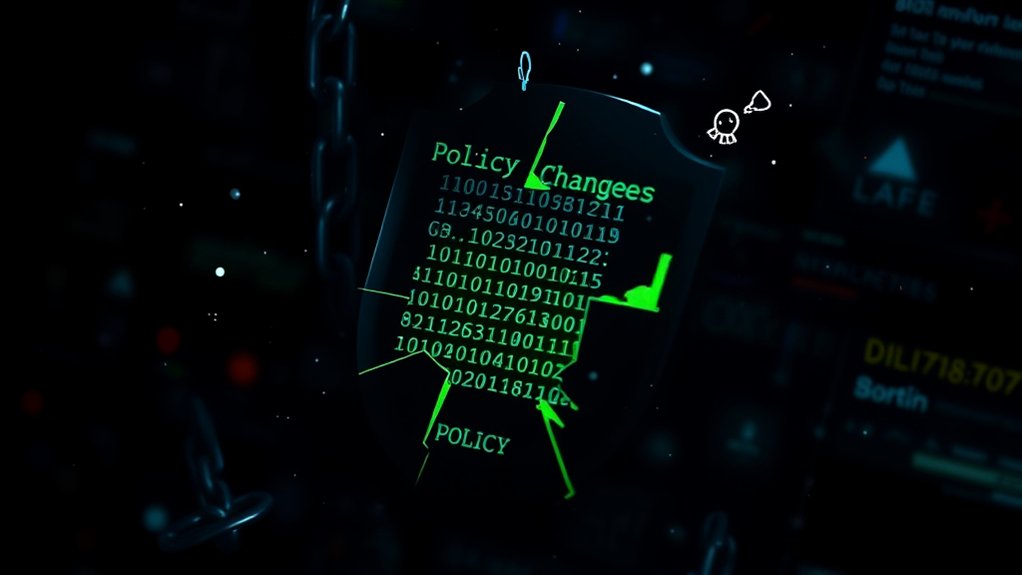The recent cybersecurity executive order issued under the Trump administration marks a significant rollback of protections established during the Biden era, eliminating critical software security standards that required providers to attest to specific safeguards. This shift raises concerns among experts and advocates, who argue that it could weaken the overall security oversight for federal contractors. The new directive focuses primarily on addressing foreign threats, thereby deprioritizing established protocols that were designed to improve the cybersecurity environment through stringent software requirements.
The recent cybersecurity executive order significantly weakens essential software security standards, raising concerns about federal contractors’ oversight.
Complementing this executive order, the proposed budget cuts for the Cybersecurity and Infrastructure Security Agency (CISA) indicate a broader shift in federal cybersecurity priorities. A significant reduction of $495 million in funding, along with job cuts of nearly 30% across its workforce, has been announced. This downsizing will impact vital divisions, including an 18% reduction in the Cybersecurity Division’s funding and a shocking 62% cut in the Stakeholder Engagement Division. The mass departures of employees has raised alarms about the agency’s diminishing capabilities to address increasing cyber threats, with nearly a third of the workforce having left since Trump’s second term began. Zero-day vulnerabilities pose an especially concerning threat without proper monitoring and response capabilities.
Such reductions could undermine partnerships important for protecting national infrastructure. Critics have expressed serious concerns about these changes, suggesting that the elimination of programs focused on artificial intelligence and post-quantum encryption, along with software security requirements, could hamper future innovations necessary for advancing national cybersecurity.
The administration defends these decisions by labeling previous policies as burdensome and unproven, arguing instead for a reevaluation of technical challenges. Further exacerbating these issues is the reported departure of one-third of the top U.S. cyber force since the current administration took office, attributed to policy changes and looming budget cuts.
The loss of experienced personnel compromises the operational capacity of CISA, which may lead to diminished services for local governments and critical infrastructure entities.









